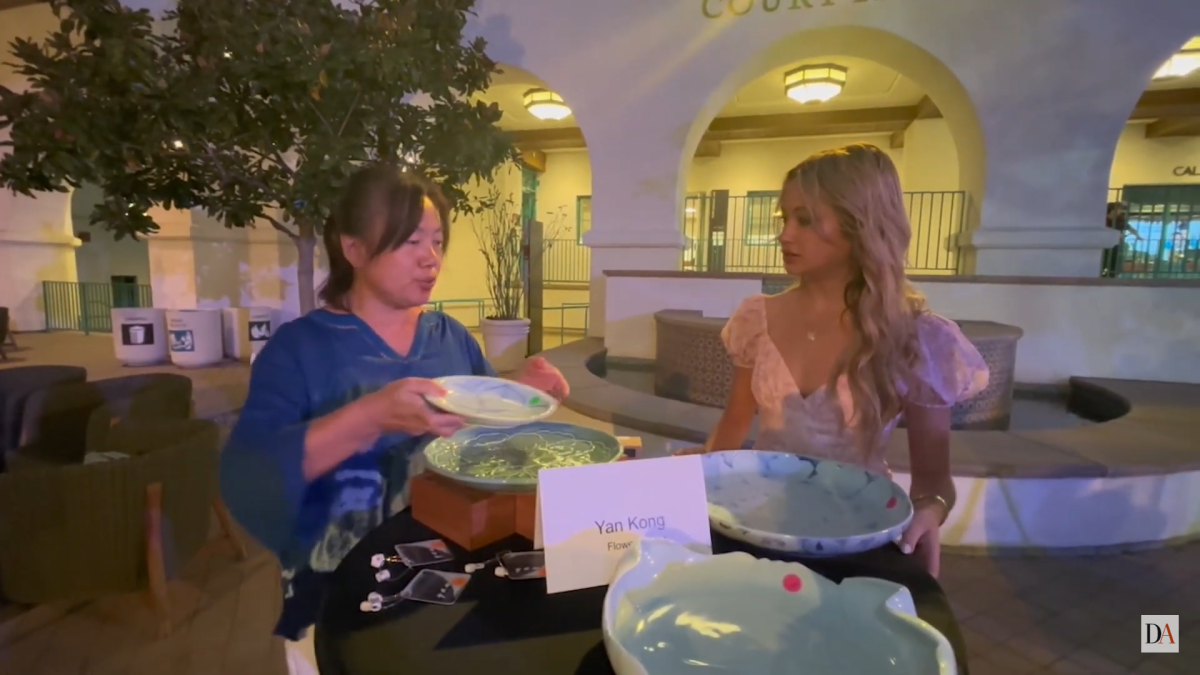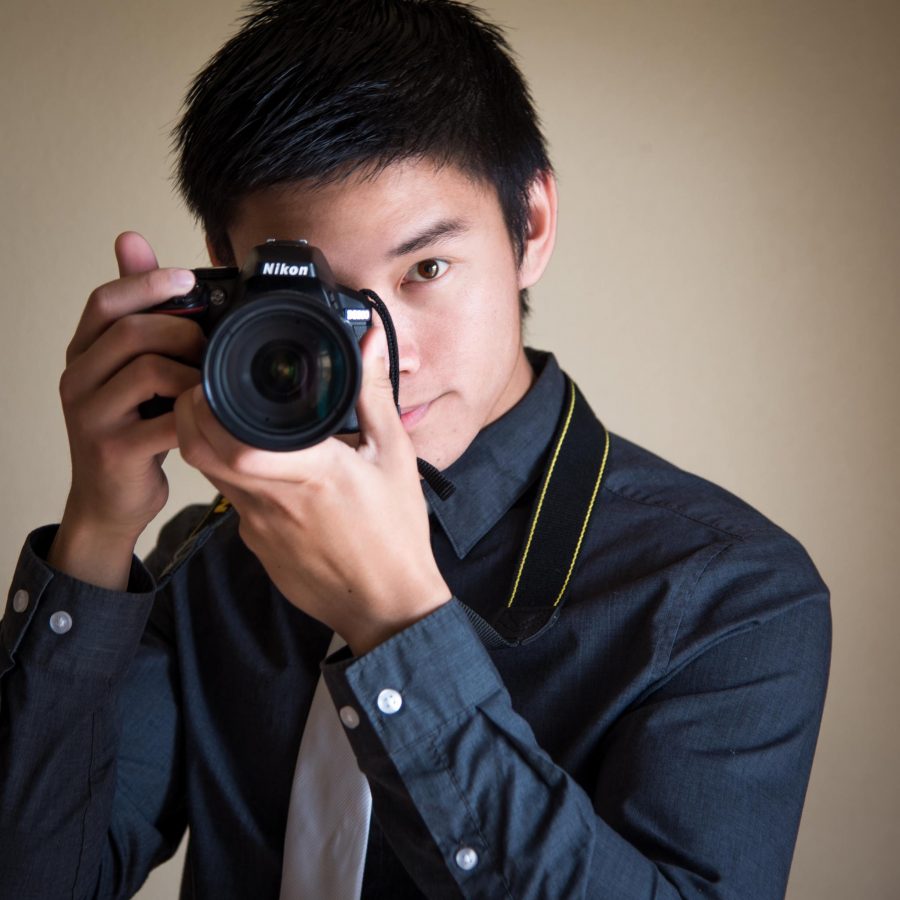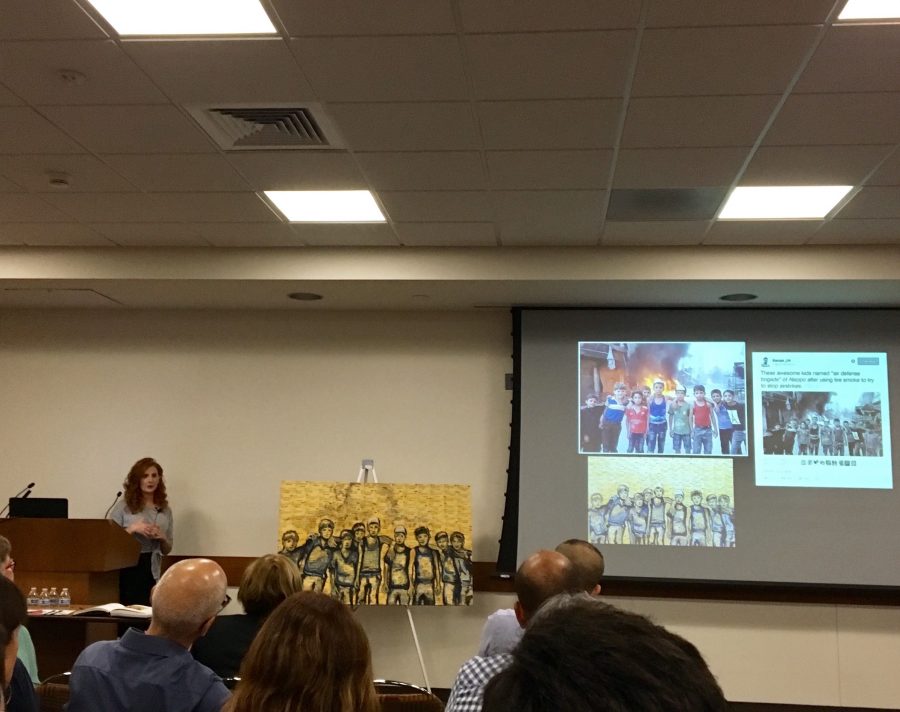In director Tsui Hark’s mangled historical-mystery-martial arts mess “Detective Dee and the Mystery of the Phantom Flame,” contemporary politics overwhelm the tale of China’s first female emperor, ultimately making the society that created “Detective Dee” far more fascinating than the film itself.
Set in 689 A.D. at a time when, much like today, large immigrant populations existed in China, Empress Wu Zetian (Carina Lau) works on her grand coronation ceremony despite various political factions’ disapproval of a female taking the throne. In one sweeping gesture to win hearts and minds, Wu orders the construction of a Buddhist statue created in her likeness. Symbolically told to a foreigner inexplicably dressed in Roman armor, one exposition mouthpiece explains that the 66-yard statue is tall enough to reach the highest planes of heaven.
However, during an inspection of the statue, royal official Jia Yi (Yan Qin) spontaneously combusts. When the workers fear the fire is divine retribution against the female ruler, Wu is forced to recruit the titular Detective Dee (Cantonese pop star Andy Lau) to determine the cause of the also-titular phantom flame before it threatens the construction of the statue before the coronation. This leads Dee on an investigation that encompasses both the natural and the supernatural as he realizes, in hard-boiled detective fashion, that everything is not as it seems.
Yet, the pacing for “Detective Dee” falls apart under a constant barrage of unnamed assassins that results in wire-driven fight choreography a la “Crouching Tiger, Hidden Dragon” that has become de rigueur for the East Asian martial arts genre alongside conspicuously mediocre computer-generated graphics. And while the beautiful non-CG cinematography added a sense of grandeur to the production, screenwriter Chang Chia-lu artificially attempts to create an epic through the use of inflated numbers (including a never-seen advancing army of 100,000) that induce more eye-rolling than awe. An hour into the story, the film introduces shape-shifting as a plot device and effectively destroys any internal logic a whodunit mystery has to offer.
With its rote martial arts routines and the nonsensical mystery plot, “Detective Dee and the Mystery of the Phantom Flame” is far more interesting as a gender study for contemporary China. Given the disparate ratio of boys to girls because of China’s one-child policy as well as the Chinese government’s heavy-handed censorship, the idea of a major film about a female leader and the conflicted feelings it causes Dee and the workers fascinates more than any immolation scene. With didactic lines such as, “One cannot be conservative in state matters” and “Reform is good,” delivered by Empress Wu, the audience can feel that heavy hand reshaping public opinion one frame at a time.
However, those collections of frames add up to a film that is too joyless to be a popcorn movie and too incoherent to be taken seriously.
For more information visit releasing.indomina.com/detective-dee.







